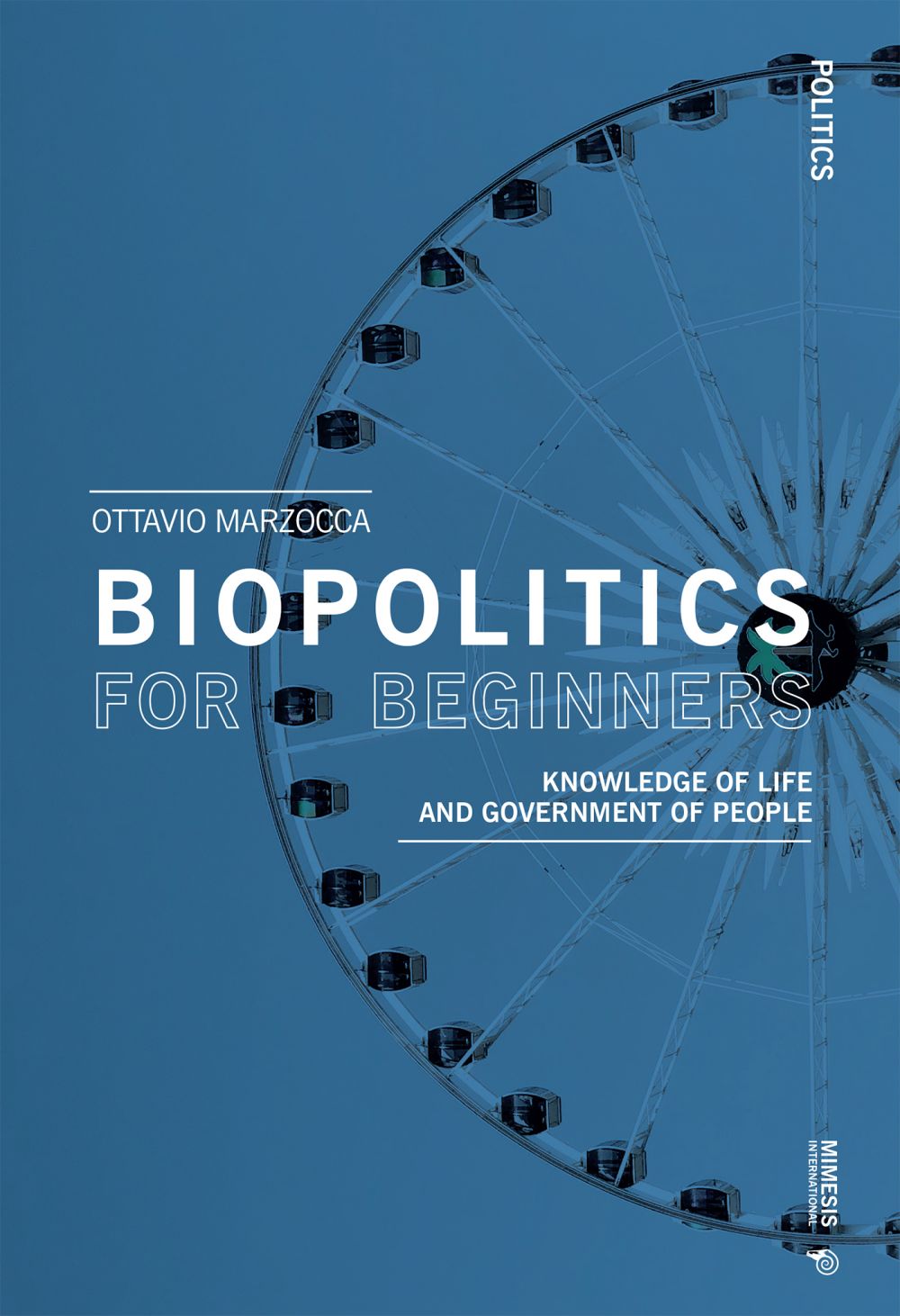Description
The term biopolitics can be fully understood only within the context of modern forms of governing society. From this perspective, the development of modern medical knowledge, the re-organization of the hospital as a health institution, the growing attention to issues related to population, and the rise of biological knowledge can be connected with the infl uence of economic rationality on the most important political strategies. In this book, the crucial role that the family has played throughout the history of biopolitics is also explored explaining how it is fi rstly a place of government of life as well as a means to extend various forms of biopower to the whole society. By analysing the works of key fi gures in the debate on biopolitics – such as Agamben, Negri, Esposito, Rose, Cooper, among others – this volume offers a systematic examination of this notion also in relation to the current ecological crisis and the pandemic of Covid-19, addressing fundamental problems of political thought and referring to great thinkers such as Foucault and Arendt, Plato and Aristotle. Mimesis International
Biographical notes
Ottavio Marzocca teaches EthicalPolitical Philosophy and Ethics and Politics of the Common World at the University of Bari ‘Aldo Moro’ (Italy). He has published, among other books: Perché il governo: Il laboratorio etico-politico di Foucault (2007); Il governo dell’ethos: La produzione politica dell’agire economico (2011); Il mondo comune: Dalla virtualità alla cura (2019); Foucault ingovernabile: Dal bios all’ethos (2017).



